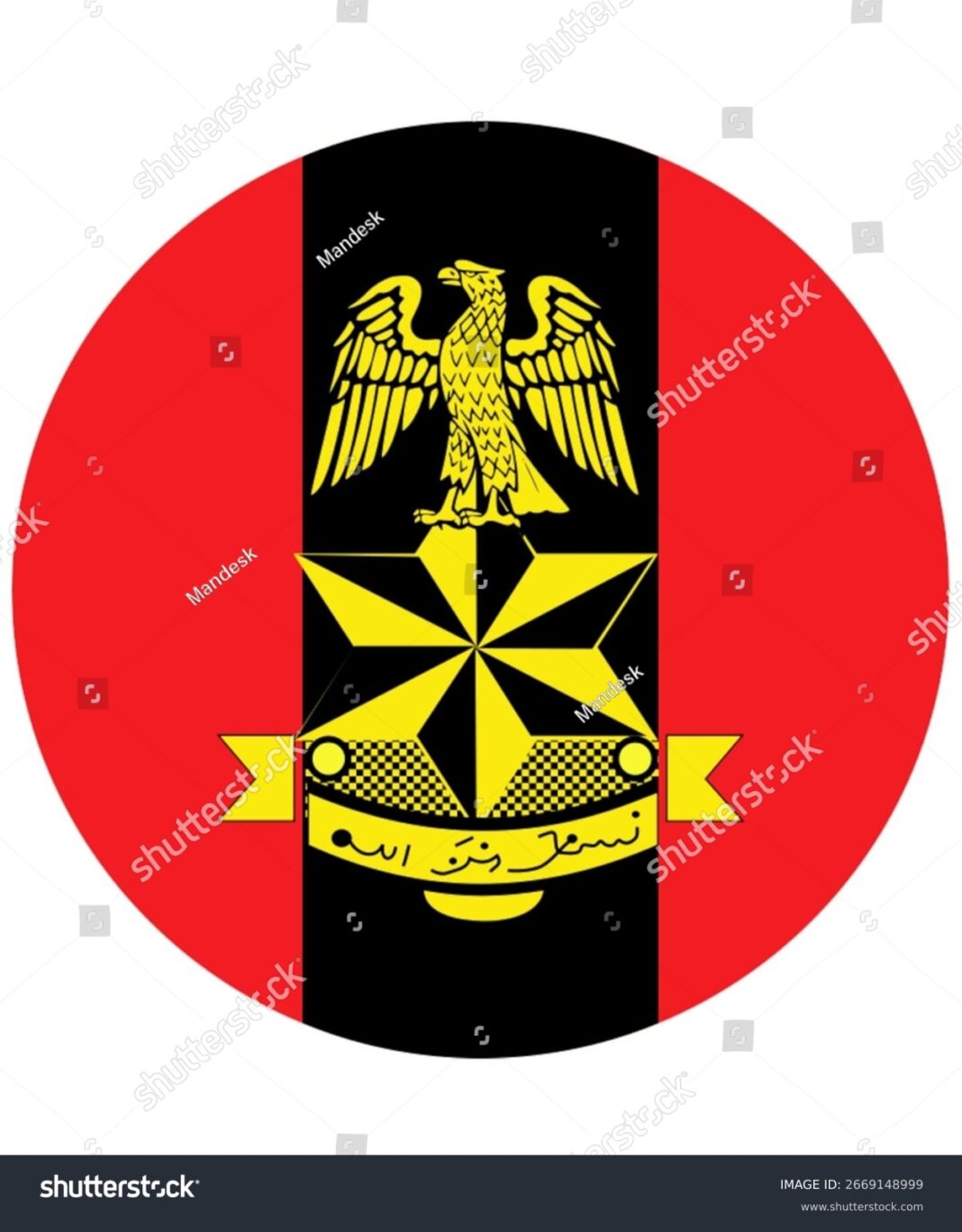The Accountability Gap and the Urgent Need for Structural Reform

Nigeria’s insecurity crisis — from insurgency in the northeast to banditry in the northwest and separatist tensions in the southeast — is not merely a product of underfunding; it is largely the consequence of systemic corruption, compromised recruitment standards, and fragmented loyalty within the armed forces.
Billions of dollars have been allocated to defence in the past decade, yet the field results remain alarmingly inconsistent. Audits by both Nigerian and international observers show that a significant portion of defence spending is lost through procurement fraud, ghost soldiers, and inflated contracts. The Office of the Auditor-General and the Public Accounts Committee of the National Assembly should therefore undertake a forensic audit of all military expenditures — particularly those connected to weapons procurement, logistics, and recruitment since 2015.
Equally important is the revalidation of Army personnel, including a comprehensive vetting of recruits absorbed during the Buhari administration’s “Operation Safe Corridor,” which controversially reintegrated hundreds of so-called “rehabilitated” Boko Haram fighters into civil society and, in some cases, the military. This decision, widely criticised by security analysts, has raised deep concerns about divided loyalties and compromised discipline. A professional army cannot coexist with elements once sworn to destroy the nation’s integrity.

Building a Loyal and Professional Force
A national loyalty verification framework should be implemented within the Nigerian Army. This includes psychological evaluation, continuous vetting for extremist sympathies, and compulsory counter-intelligence screening at every stage of promotion.
The Defence Intelligence Agency (DIA) and Department of State Services (DSS) should maintain a real-time database of all recruits to detect potential infiltration or ideological compromise.
To prevent the diversion and illicit sale of weapons to terrorists — a recurring scandal — Nigeria must strengthen its end-use monitoring systems for all imported arms and introduce a serial-number tracking protocol. Every rifle, armoured vehicle, or munition procured should be digitally traceable from acquisition to assignment, ensuring that accountability is not theoretical but enforceable.

Additionally, procurement transparency should be enforced by publishing all major defence contracts under the Public Procurement Act and subjecting them to independent oversight. This would both restore donor confidence and close the gap through which foreign military aid has often disappeared without measurable security outcomes.
Recruitment and Representation: A Path to Unity and Cohesion
A credible army must reflect the federation it protects. Nigeria’s recruitment system should be redesigned to ensure balanced ethnic and regional representation across the six geopolitical zones, eliminating perceptions of favouritism and alienation. A transparent quota system anchored in merit and patriotism — not nepotism — would rebuild morale and restore national faith in the institution.
New recruitment drives should focus on young Nigerians committed to the ideals of unity, discipline, and service. Beyond formal education, ideological training rooted in constitutional values, national identity, and civic ethics must form part of basic military instruction.

Expanding International Partnerships and Modern Training
Britain’s long-standing military cooperation with Nigeria, particularly through Operation ORBITAL and the British Military Advisory and Training Team (BMATT), has yielded pockets of excellence. However, this collaboration should be scaled up dramatically — both in scope and technology depth.
Joint training should include:
Counter-insurgency and urban warfare techniques.
Cyber-defence and intelligence operations.
Supply-chain management to prevent corruption.
Advanced command simulations for rapid response.
Similarly, Nigeria should invite collaboration from other reputable partners (e.g., France, Canada, South Africa, India) on a strictly professional basis, avoiding dependency or political manipulation.

Building a Self-Sufficient Defence Industrial Base
A sustainable solution lies in developing a domestic defence-manufacturing capability through the revitalisation of the Defence Industries Corporation of Nigeria (DICON).
Public-private partnerships should focus on producing small arms, ammunition, drones, and communication equipment locally, reducing import dependence and leakage. By tying production to employment and technology transfer, Nigeria can both strengthen its security and create jobs.
Conclusion: Reform or Risk Irrelevance
Nigeria’s military reform is not a cosmetic exercise — it is a survival necessity. No nation can claim sovereignty while outsourcing its security integrity to corruption, indiscipline, or foreign aid. The Army must once again become the people’s protector — not a political appendage nor a vessel of impunity.
Through credible audits, transparent procurement, balanced recruitment, and intensified modern training with international allies, Nigeria can rebuild the trust of both its citizens and partners like the United States. When loyalty, accountability, and competence return to the Nigerian Army, the broader security landscape — and the nation’s diplomatic leverage — will transform dramatically.

The National Patriots Movement.
Www.headlinenews.news



